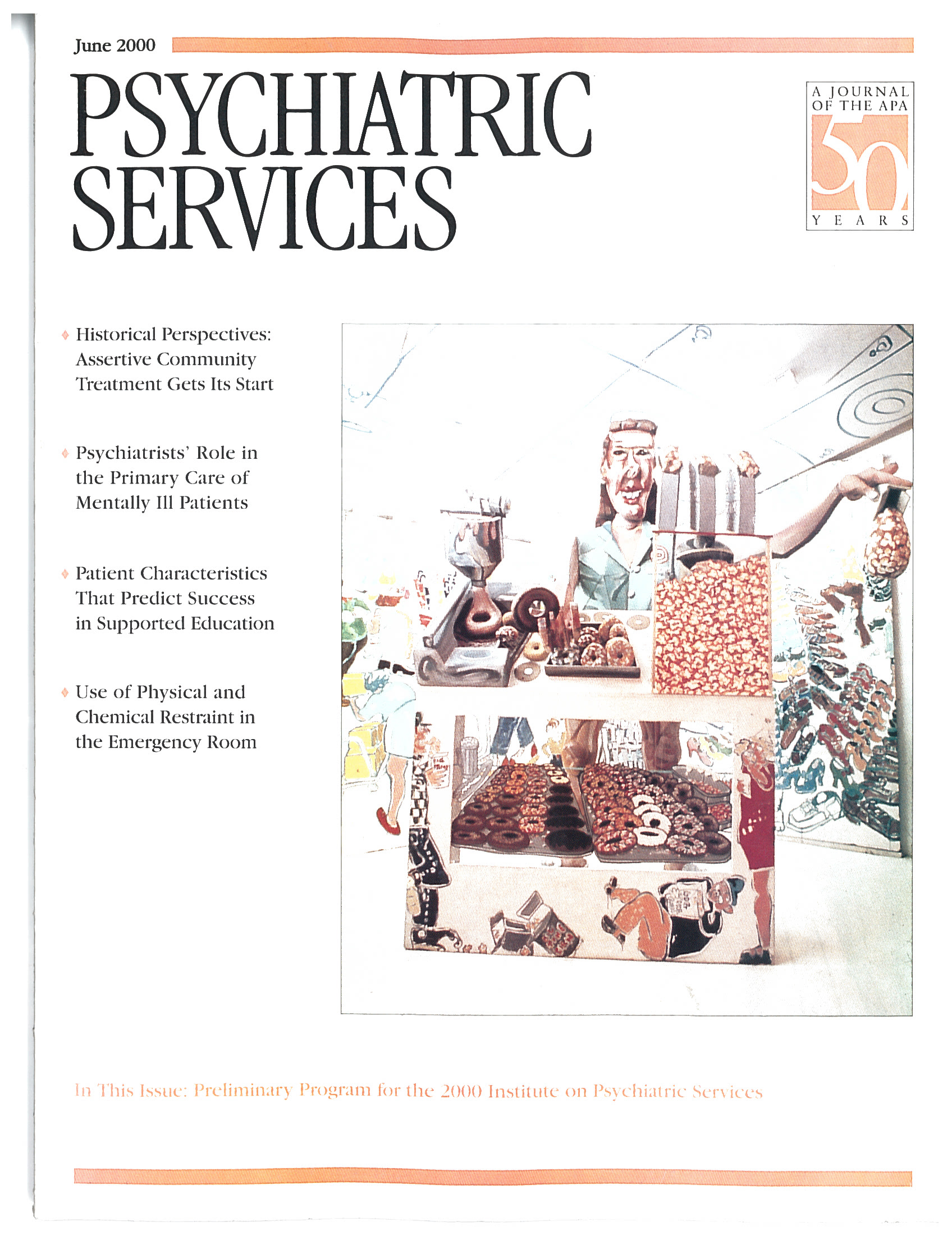This is the most exciting psychiatric book I have read in the past 20 years. Considering all the recent advances in genetics, psychopharmacology, and neuroimaging, it seems unlikely that a concept that is so new would appear in a psychiatric textbook rather than in a recent issue of a journal. What is so new is not a single development, but a perspective—a new way of looking at our basic psychiatric diagnostic assumptions, which have persisted essentially unchallenged for well over a hundred years.
The Kraepelinian view that psychiatric disorders were constitutional, and that mental illnesses had typical courses with predictable outcomes, focused attention and diagnostic thinking on the definitive end-stages of the illnesses, rather than on their early and prodromal phenomena. It downplayed the early stages, in which diagnosis and interventions might stand a chance of altering what was considered the inevitable course of these debilitating conditions. This view is still reflected in the DSM-IV criteria for schizophrenia, for example, which require that the symptoms have been present for at least six months before we can make the diagnosis.
In physical medicine, efforts to prevent or treat serious illness have always focused on early detection and early interventions, and yet our diagnostic manual tells us that major psychiatric disorders cannot even be diagnosed until the symptoms of the illness have persisted for weeks or months. In our zeal to achieve diagnostic reliability, we have focused our attention on the more fixed and chronic aspects of psychotic illness, which are more easily and regularly demonstrated, at the expense of the early and perhaps prepsychotic or prodromal phases. We may be passing up the most opportune time to intervene with these serious illnesses, especially since our armamentarium is much more varied and sophisticated now than just a few decades ago.
If we were to approach early detection and treatment of psychosis from this "new" perspective, we would want just this textbook. It authoritatively details, as the title states, the recognition and management of early psychosis, with the aim of presenting a preventive approach.
Edited by Patrick D. McGorry, professor of psychiatry, and Henry J. Jackson, associate professor of psychology, of the University of Melbourne, this is the first text to focus on the potential of the early detection of psychosis and the practical issues of treatment at this critical phase. The editors and contributors detail the progress in both biological and psychosocial treatments, and they suggest new and practical forms of service delivery.
Establishing at the outset the premise that the treatment of early psychosis has been bedeviled by an entrenched pessimism stemming from the asylum era and the Kraepelinian model of schizophrenia, the editors present their material in a well-organized set of 16 chapters. Besides covering the literature on defining early symptoms and prodromal phases of psychosis as well as on treatments of first episodes of illness, the chapters examine the results of the contributors' own pioneering early-intervention teams in their service delivery system in Melbourne. They provide both a theoretical and a practical foundation for seeing psychiatry from this fresh point of view.
The Recognition and Management of Early Psychosis is must reading for psychiatric residents and their teachers and supervisors. It can be an eye-opener, or rather a mind-opener, for all mental health professionals, regardless of discipline.

